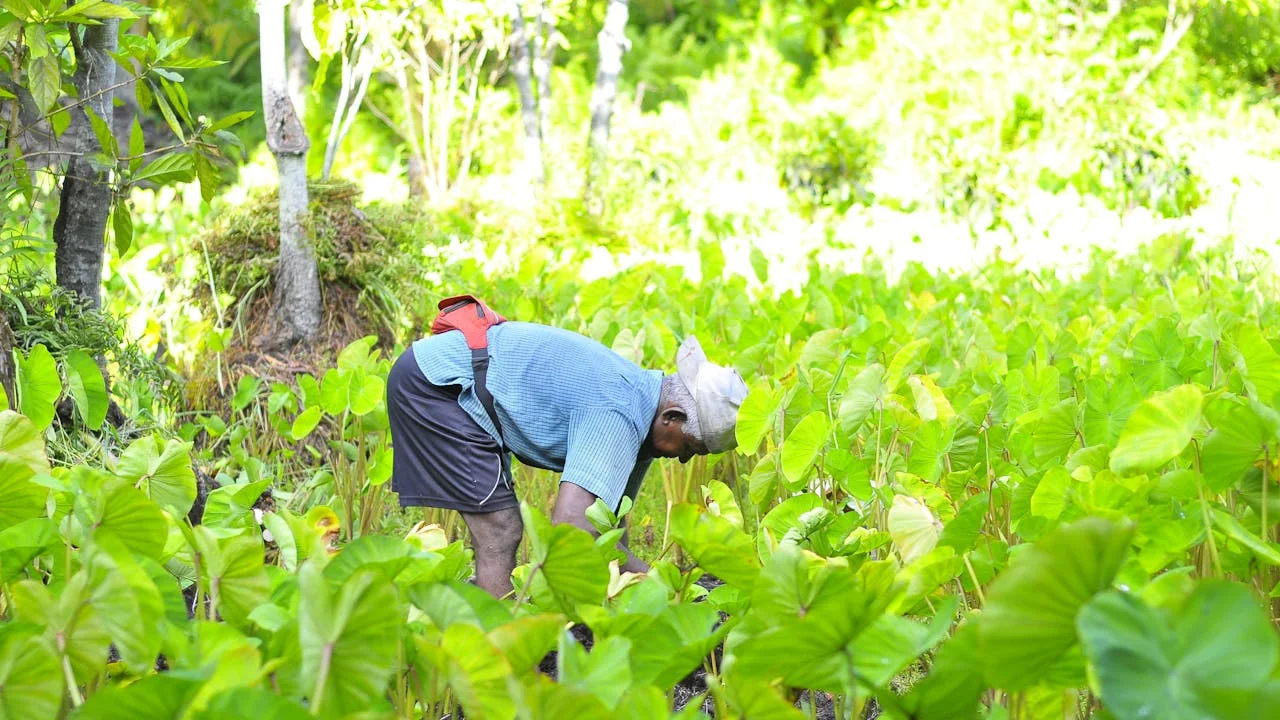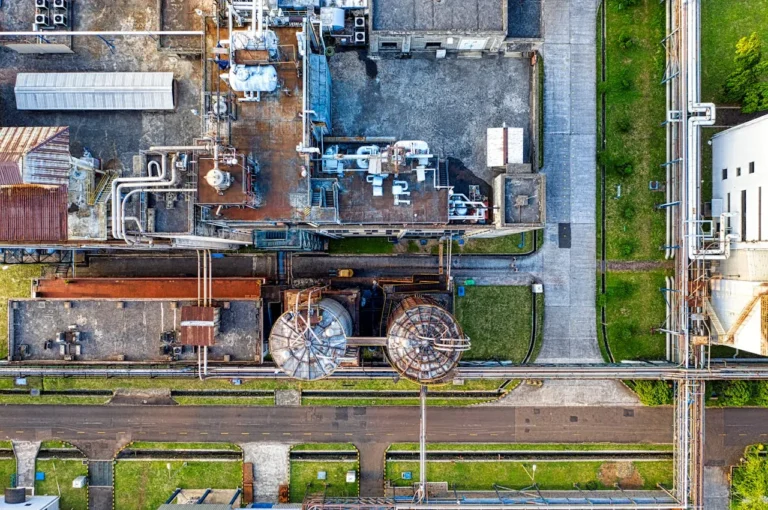
A recent report from the KIT Institute reveals the significant positive impact of Nestlé’s income accelerator program on cocoa farmers, particularly in enhancing productivity and boosting net income. According to the findings, meticulous pruning practices on income accelerator cocoa farms led to a remarkable 32% surge in cocoa yields, while the overall net income of participating households soared by 38%. This surge in income has notably elevated the proportion of these households achieving a sustainable living income.
The report, based on an extensive study spanning the initial 18 months of the program, scrutinized 2,000 households across 28 cooperatives in Côte d’Ivoire. It underscores Nestlé’s success in curbing diseases and pests through the adoption of sound agricultural practices, which not only bolstered productivity but also facilitated income diversification. Additionally, the program has been instrumental in fostering financial inclusion, empowering women, and boosting child schooling rates. Notably, the focus on school enrollment within the program led to a 10% increase in attendance among children, outstripping the 5% increase in the comparison group.
Moreover, there has been a notable surge in households venturing into small businesses, such as agro-processing and retail, with the proportion more than doubling from 21% in 2022 to 55% in 2023. While these enterprises are still in their nascent stages and haven’t yet yielded substantial income changes, they hold promise for future growth and economic stability.
Furthermore, the program has championed women’s financial empowerment by facilitating their involvement in Village Savings and Loans Associations (VSLAs), offering avenues for savings, loans, and entrepreneurial training. The study highlights a remarkable 52% increase in female participation in these associations, underscoring the program’s impact in bridging gender gaps in financial access and entrepreneurship.
Darrell High, Global Cocoa Manager at Nestlé, lauded the program’s transformative effects, emphasizing its role in professionalizing cocoa farming practices and empowering women to pursue educational opportunities for their children while diversifying household income. He emphasized Nestlé’s commitment to ongoing refinement and scalability of the program based on feedback from farming families.
Initially launched in January 2022 to address the living income gap among cocoa-farming families and mitigate child labor risks, Nestlé’s income accelerator program incentivizes positive behavioral changes and sustainable farming practices. By offering rewards for school enrollment, adoption of good agricultural practices, and income diversification, the program has already benefitted over 10,000 families in Côte d’Ivoire, with plans for expansion into Ghana to encompass a total of 30,000 families this year. Looking ahead, the program aspires to reach 160,000 cocoa-farming families in Nestlé’s global cocoa supply chain by 2030, aiming to create enduring impact at scale.




